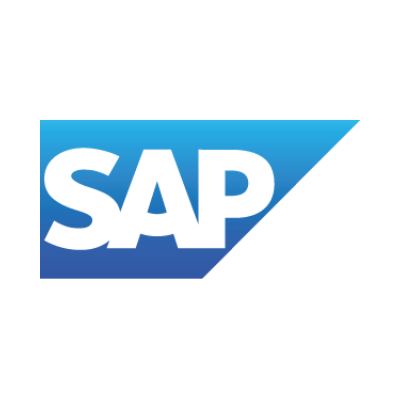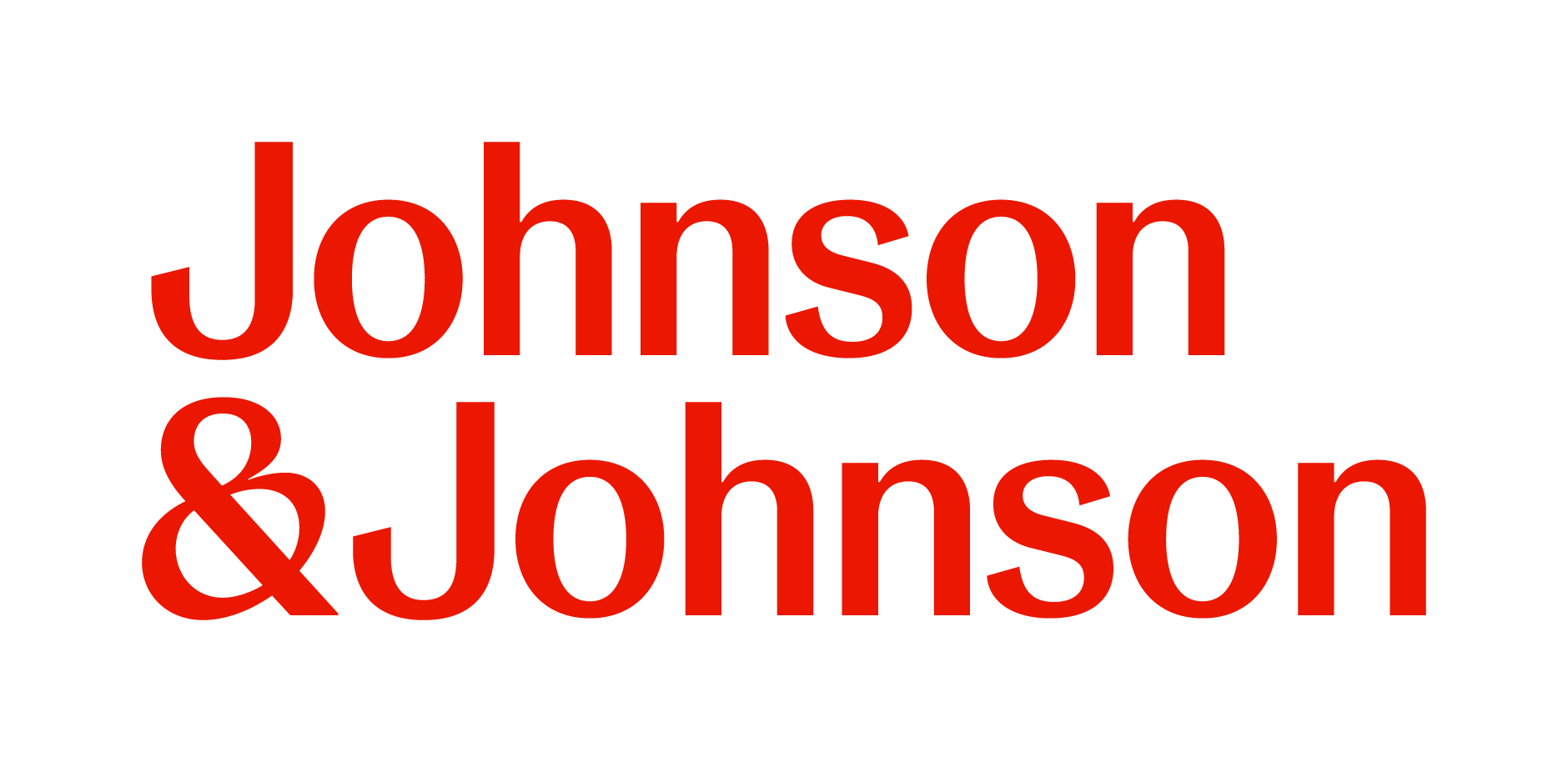This contributor’s post is written by Rochelle March, EDF Climate Corps fellow at Dunkin’ Brands
I remember visiting a college friend in Switzerland after my first undergraduate year, where we mutually declared, “I just want more skills!” At the time, I still had three more years of undergrad left, a couple years of work experience ahead of me, plus three more years of pursuing two masters’ degrees to acquire all these untold skills I felt sure I needed.
Well, looking back, I think my friend and I had the right idea.
This summer, I am an Environmental Defense Fund Climate Corps fellow working at the donut headquarters of Dunkin’ Brands, where I call upon a lot of skills, some of which I never thought would come in handy.
First of all, the application for EDF Climate Corps called for a wide range of skills. Not only were former test scores, syllabi and technical writing samples required, but also long and short answer responses to gauge the intent of candidates. I employed my writing and grammar skills, honed through long nights of writing papers and critiques from grammar-policing relatives, to write sound pieces of why I wanted to be an EDF Climate Corps fellow.
The Skype interview with EDF consisted of an array of scenario-based questions, interpreting charts and graphs, answering technical business questions, and a detailed walkthrough of my resume. It was in one word, tough. However, I had done so many presentations in graduate school, answering questions on the spot came easily. Also, going through art critiques in my undergraduate studio classes, where I pursued an individualized degree in landscape architecture, conditioned me to handle scrutiny and to respond creatively. In the end, I got the job.
The EDF Climate Corps training week in Chicago was a great experience where I met other fellows and listened to lectures from energy efficiency experts. There also was a pitch competition on the last day, where participants had one minute to pitch an innovative technology idea to a large group. One of my favorite classes in college was an advanced poetry workshop. Channeling my inner Updike, I wrote a limerick poem for the competition about demand response. Not only did it captivate the crowd intellectually, but it engaged them creatively as well. I won.
While at Dunkin’ Brands, I am helping to roll out a new green building codes project that requires a ton of different skills, and I love it. When I’m not crunching numbers and researching energy efficient construction, I am creating content for their communications platform or developing an employee engagement sustainability strategy.
Although I work with a team, collectively replete with skills, it sure helps to have a variety of skill my own or, at least, have enough to understand where my team members are coming from. Tackling the technical and business aspects of the project is very satisfying, but perhaps even more fulfilling, is realizing there is a place for all these other skills I’ve developed over the years—like graphic design, psychology, foreign language skills and, dare I say it, poetry.
Acquiring a variety of skill sets has only helped my career grow as I try to solve the often multi-faceted and interdisciplinary challenges inherent in sustainability issues. If I were to tell a newcomer to the sustainability field what skills they should have, I’d say as many as you can! There is the foundation of business, scientific, and technical knowledge that every sustainability professional should probably know, but the field is growing into so many diverse and applicable subsets so there will be place for everyone to play to their individual strengths.





